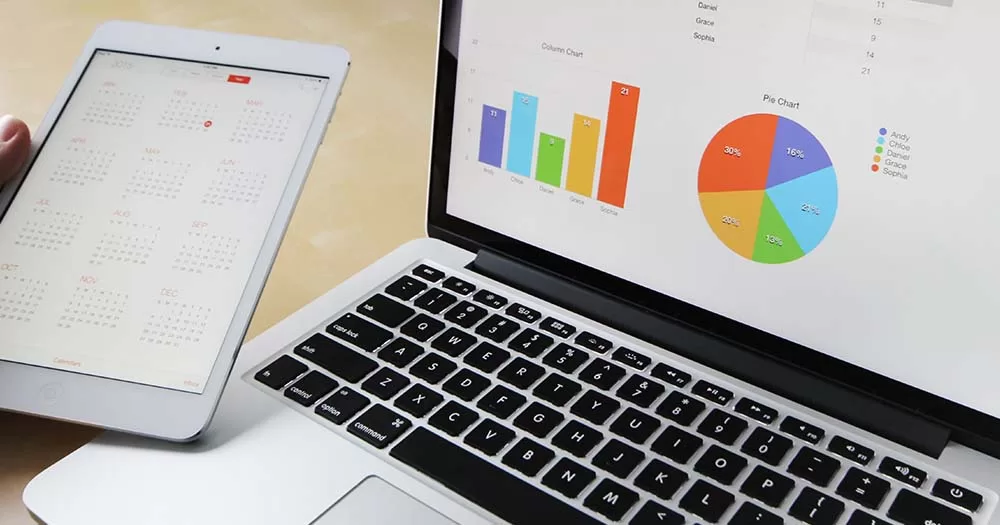LGBT Ireland is insisting that the Central Statistics Office (CSO) include LGBTQ+ questions about sexual orientation and gender identity on the 2027 Census.
A national Census of Ireland’s population is conducted every five years to help provide an image of social and living conditions over points of time. It includes questions about age, sex, education, employment, residence, and family.
Proposed questions include “What is your sex assigned at birth?”, “Were you born with a variation of sex characteristics (sometimes called ‘intersex’ or ‘DSD’)?”, “What best describes your gender?” and “What is your sexual orientation?”. The charity makes the case that without capturing LGBTQ+ data, Ireland is at risk of falling behind other countries that already do this in their Census.
Policy and Research Manager Pádraig Rice said: “We need to capture and highlight issues and make the LGBT population visible within the Census data because currently, we’re essentially invisible, and that needs to change”.
?? An #LGBTQ+ charity has called for the next census in Ireland to collate data on sexual orientation and gender identity.
?️? @LGBT_ie said capturing the data in 2027 would allow for insights into potential disparities among the community. pic.twitter.com/gINcnmvoMw
— Openly ?️? (@Openly) July 3, 2023
The Census data collected is used to identify population trends and changes, and it impacts community services, including healthcare, education, transport, and housing. Capturing gender identity and sexual orientation data will provide insights into the specific needs of the LGBTQ+ people who may experience discrimination, lower pay, lower employment rates and higher rates of mental health challenges.
In its official submission to the Census 2027 Public Consultation report, LGBT Ireland says: “Including questions on gender, sex characteristics, and sexual orientation will help the Government measure the health, economic, educational and housing disparities faced by gender and sexual minorities. It will also enable them to estimate the demand for specialist gender and sexual health services. But most importantly, a previously hidden subpopulation will become visible.”
The UK first collected LGBTQ+ data in 2017 when new questions about sexual orientation and gender identity were included in a trial capacity. Northern Ireland collected sexual orientation Census data for the first time in 2021, and only 2.1% of the population identified as lesbian, gay, bisexual or other – the lowest proportion in the UK.
The US also collated sexual orientation and gender identity data for the first time in 2021 and observed a disproportionate impact of the Covid-19 pandemic on LGBTQ+ people.
LGBTQI+ people are currently invisible in Irish census data. We are calling for this to be changed. Visibility matters! https://t.co/wFGQ416lzL
— LGBT Ireland (@LGBT_ie) July 1, 2023
Adding new questions to the survey is a lengthy process, and the move to include questions about LGBTQ+ identities has been in progress since at least May 2015.
In 2019, an intergovernmental economic organisation called on member states to introduce LGBTQ+ questions in an effort to tackle discrimination. The report highlights the link between LGBTQ+ rights and gender equality. At the time, only 2% of the Irish population publicly self-identified as lesbian, gay or bisexual, and data on the transgender population was scarce.
A CSO spokesperson said the submissions are currently under review, and the new questions must be tested on a Census Pilot which will happen three years ahead of the next Census, in September 2024. All 2027 Census questions will be subject to Government approval.
© 2023 GCN (Gay Community News). All rights reserved.
Support GCN
GCN is a free, vital resource for Ireland’s LGBTQ+ community since 1988.
GCN is a trading name of National LGBT Federation CLG, a registered charity - Charity Number: 20034580.
GCN relies on the generous support of the community and allies to sustain the crucial work that we do. Producing GCN is costly, and, in an industry which has been hugely impacted by rising costs, we need your support to help sustain and grow this vital resource.
Supporting GCN for as little as €1.99 per month will help us continue our work as Ireland’s free, independent LGBTQ+ media.
